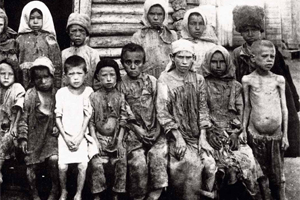
CONFERENCIA DE OBISPOS CATÓLICOS DE CUBA.
MENSAJE DE LOS OBISPOS CATÓLICOS DE CUBA.

En las últimas semanas constatamos, entre nosotros, el aumento de un clima de tensión y confrontación que no es saludable ni beneficia a nadie. Por este motivo, queremos fraternalmente compartir con ustedes unas consideraciones que brotan de nuestros corazones de cubanos y pastores del Pueblo de Dios:
- Toda persona merece estima y reconocimiento de su dignidad, por su condición de ser humano e hijo de Dios, por ser ciudadano libre, sujeto de derechos y deberes. En consecuencia, todo cubano debería poder expresar y compartir libremente y con respeto, sus opiniones personales, su pensamiento o sus convicciones, incluso cuando disienta de la mayoría.
- Cualquier acto de violencia entre nosotros, ya sea física, verbal o sicológica, hiere gravemente el alma de la nación cubana y contribuye todavía más al pesar, al sufrimiento y a la tristeza de nuestras familias. Un alma herida no está en condiciones de construir un futuro de esperanza. La violencia contradice la voluntad de Dios, pues Cristo ha asegurado: “Felices los que trabajan por la paz, porque ellos serán llamados hijos de Dios” (Mt. 5,9).
- Hits: 3062
 Caridad del Cobre, "
Caridad del Cobre, " este genocidio en su libro Genocide Studies Reader.
este genocidio en su libro Genocide Studies Reader.
 to stop social media companies from censoring users based on their political statements or viewpoints.
to stop social media companies from censoring users based on their political statements or viewpoints.